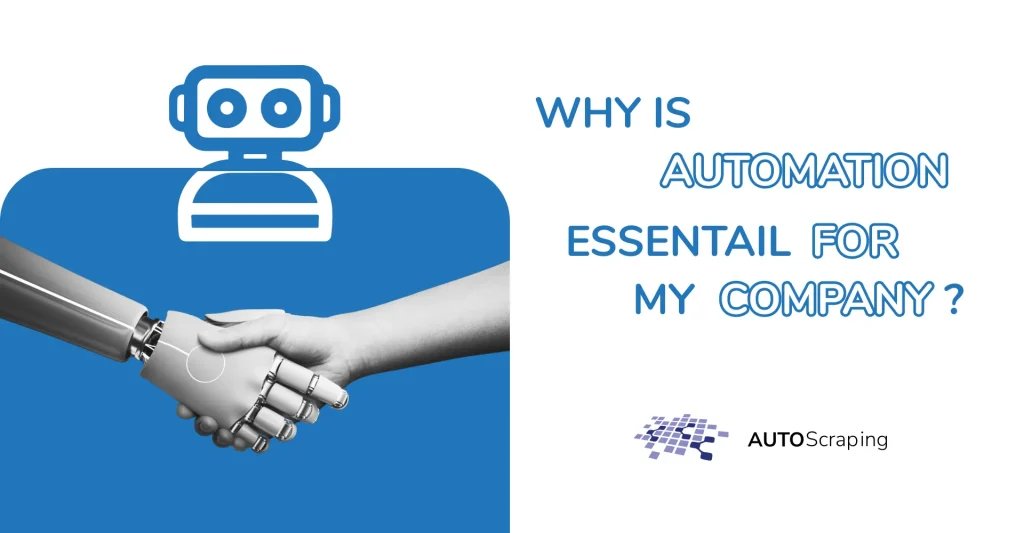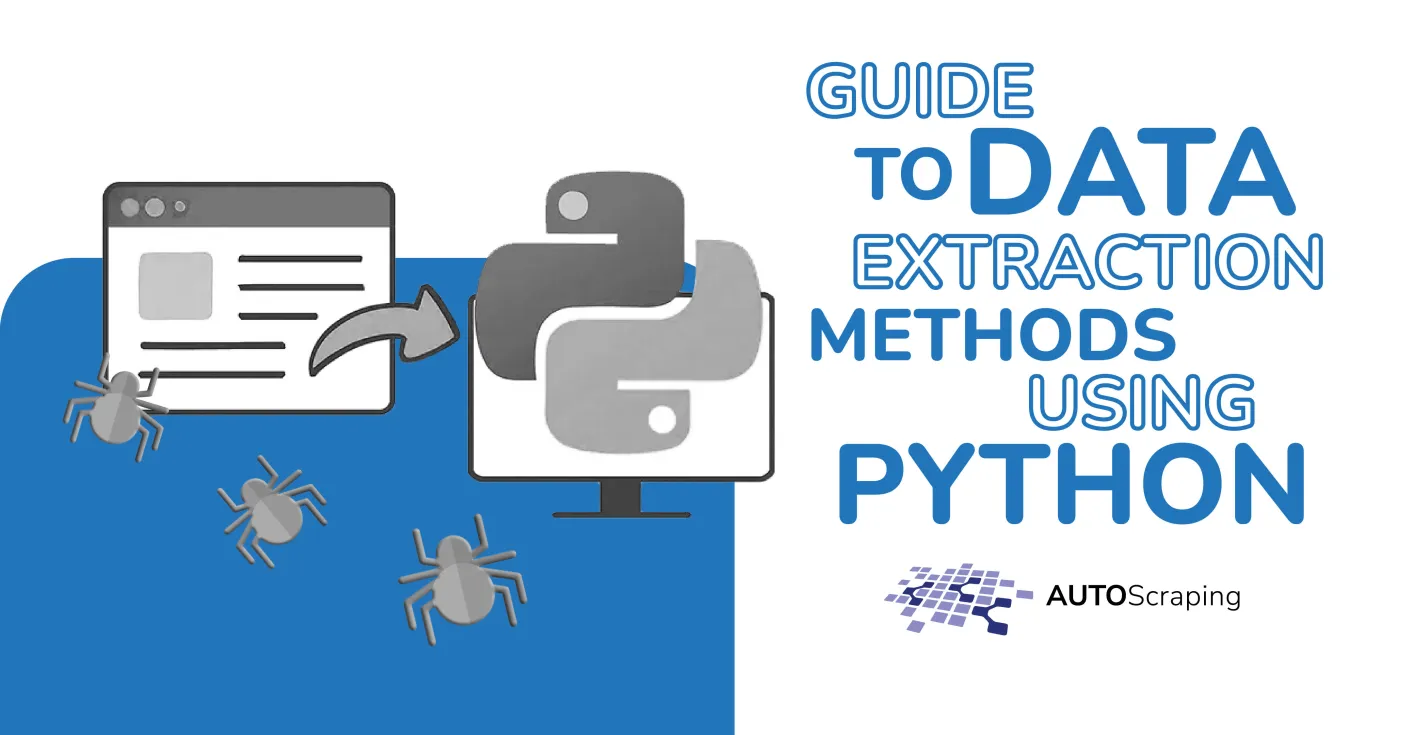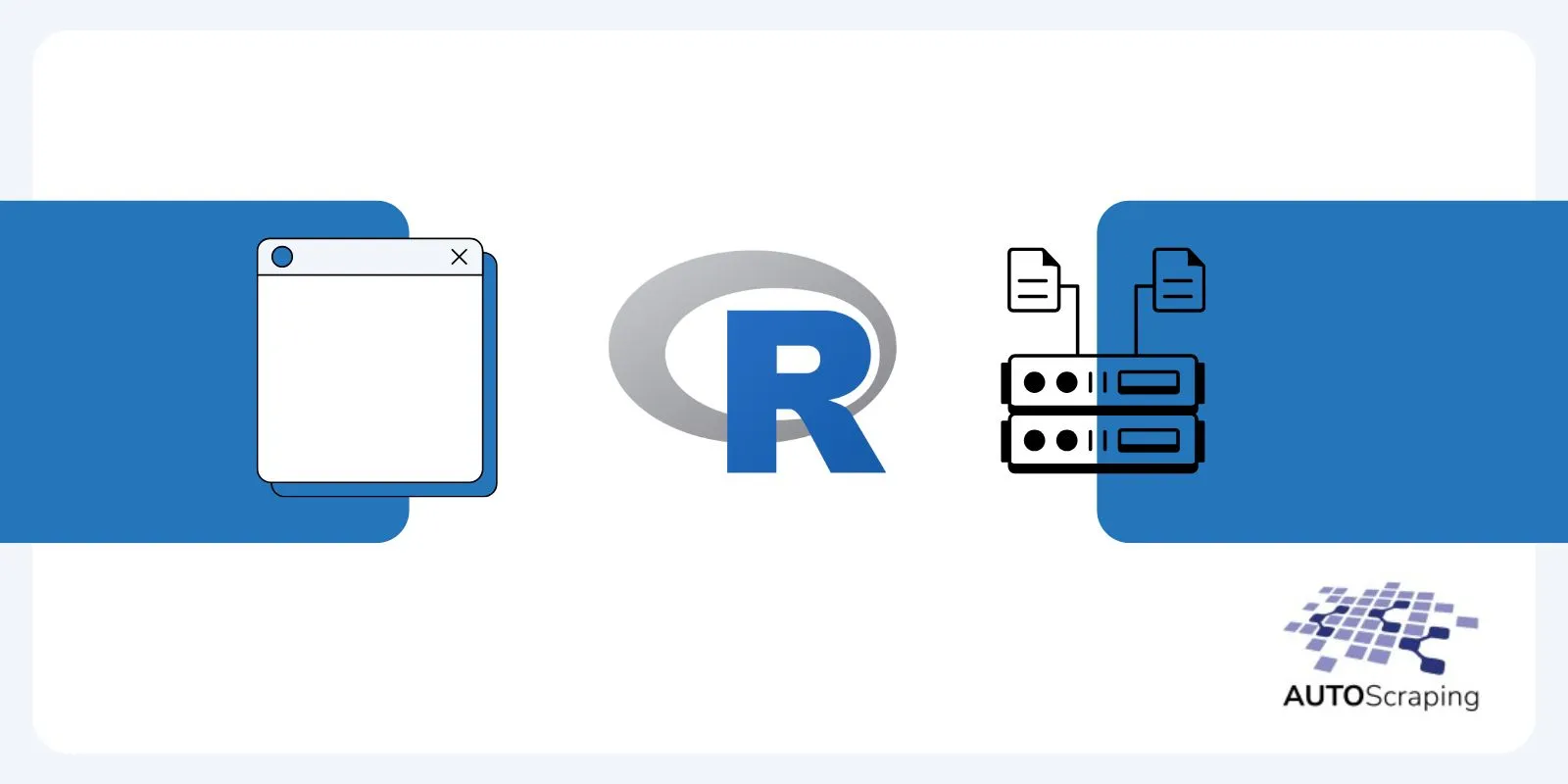Automation involves using technology to perform tasks without human intervention. It is rapidly transforming businesses across industries by streamlining processes, improving efficiency, and reducing costs. As companies seek to remain competitive and grow, automation becomes a key factor in driving success.
What is Business Automation?
Business automation refers to the use of technology to execute recurring tasks or processes in a business where manual effort can be replaced. It includes automating workflows, data entry, marketing processes, and even customer service. Automation tools can range from simple software scripts to advanced AI-based systems, all designed to improve productivity and free up time for more strategic activities.
Key Benefits of Automation for Businesses
Automation offers multiple advantages that can significantly improve a business’s operations:
- Increased Efficiency: Automating repetitive tasks helps speed up processes and reduces the risk of human error.
- Cost Savings: By minimizing manual labor, companies can reduce operational costs and allocate resources to other critical areas.
- Improved Accuracy: Automation ensures that tasks are performed consistently, reducing the likelihood of errors.
- Enhanced Productivity: Employees can focus on higher-value tasks that require human creativity and problem-solving.

How Automation Transforms Data Collection and Analysis
Automation has revolutionized data collection and analysis by enabling businesses to gather information quickly and accurately. Automated data scraping tools can extract valuable insights from various sources, such as websites and databases, with minimal manual intervention. This allows companies to make data-driven decisions faster and stay ahead in competitive markets. Automated data analysis tools can also identify patterns and trends that may not be apparent through manual methods.
Why Automation is Crucial for Scaling Operations
As a company grows, so does the complexity of its operations. Automation plays a crucial role in scaling by allowing businesses to handle larger workloads without needing to proportionally increase staff. It ensures that processes remain consistent and efficient even as the volume of tasks increases, supporting the growth of the company. Automated systems can also quickly adapt to changes in demand, making scaling more manageable.
What Types of Processes Can Be Automated in Your Business?
Businesses can automate various processes across different departments, including:
- Marketing: Automate email campaigns, social media posts, and customer segmentation.
- Sales: Automate lead scoring, follow-up emails, and customer relationship management (CRM) updates.
- Finance: Automate invoicing, payroll, and expense tracking.
- Customer Service: Use chatbots and automated responses for customer queries.
- Data Management: Automate data entry, processing, and reporting.
Is Automation Necessary for Small Businesses?
While automation is often associated with larger corporations, it is equally beneficial for small businesses. Automating tasks like invoicing, inventory management, and marketing can help small companies save time and reduce costs. For small businesses with limited resources, automation enables them to compete more effectively by optimizing workflows and improving customer experiences.
The Role of Automation in Reducing Operational Costs
Automation can substantially reduce operational costs by minimizing the need for manual labor and reducing the time spent on repetitive tasks. It also helps to eliminate errors that could lead to costly rework or compliance issues. Furthermore, automation can optimize resource usage by scheduling tasks and allocating resources more efficiently.
How AutoScraping Helps Companies Implement Automation
AutoScraping is an advanced tool that simplifies the automation process for businesses by offering user-friendly web scraping and data extraction solutions. It allows companies to:
- Automate Data Collection: Gather data from multiple sources without manual effort.
- Integrate with Other Tools: Seamlessly connect with data analytics and business intelligence platforms.
- Customize Automation: Tailor the automation process to specific business needs for optimal results.
- Improve Data Accuracy: Ensure consistent and reliable data collection to support decision-making.
What does automation do for your business?
Automation helps businesses improve efficiency, reduce costs, and minimize errors by automating repetitive tasks.
Is automation necessary for small businesses?
Yes, automation is beneficial for small businesses as it helps optimize workflows, save time, and reduce operational costs.
Why automation is required in any organization?
Automation is necessary to enhance productivity, ensure process consistency, and scale operations without a significant increase in resources.
What is the role of automation in the workplace?
Automation in the workplace helps in streamlining tasks, improving accuracy, and allowing employees to focus on higher-value activities that require human expertise.





















